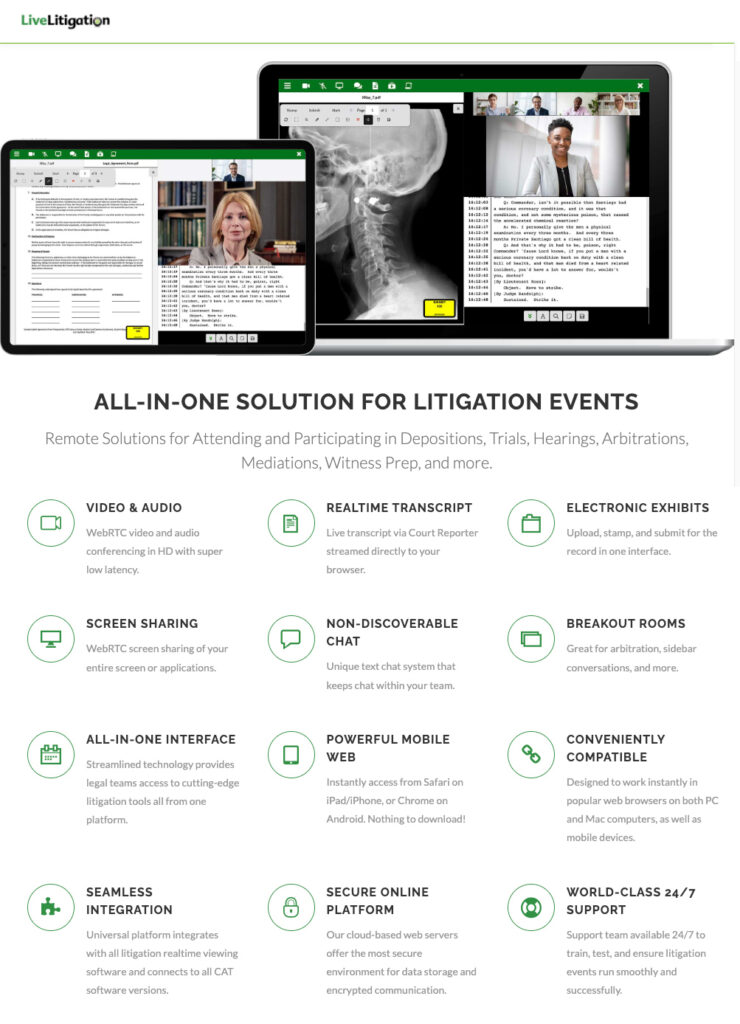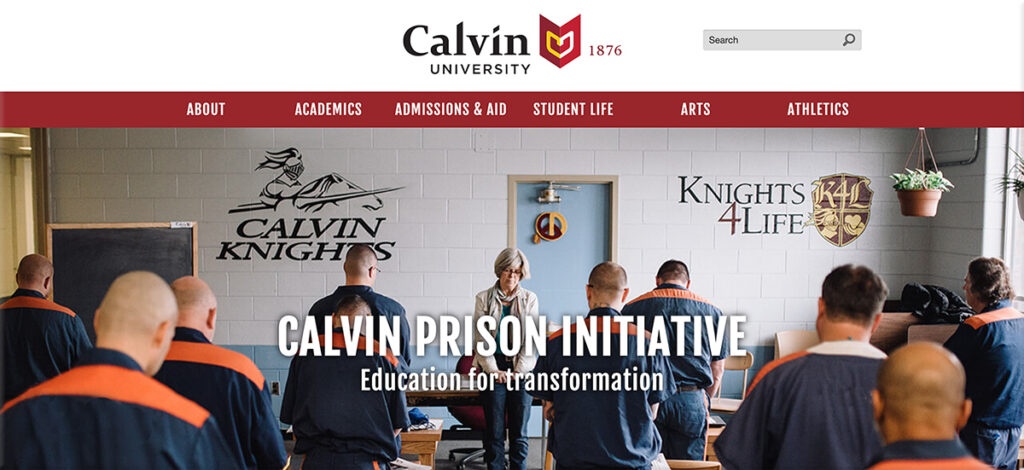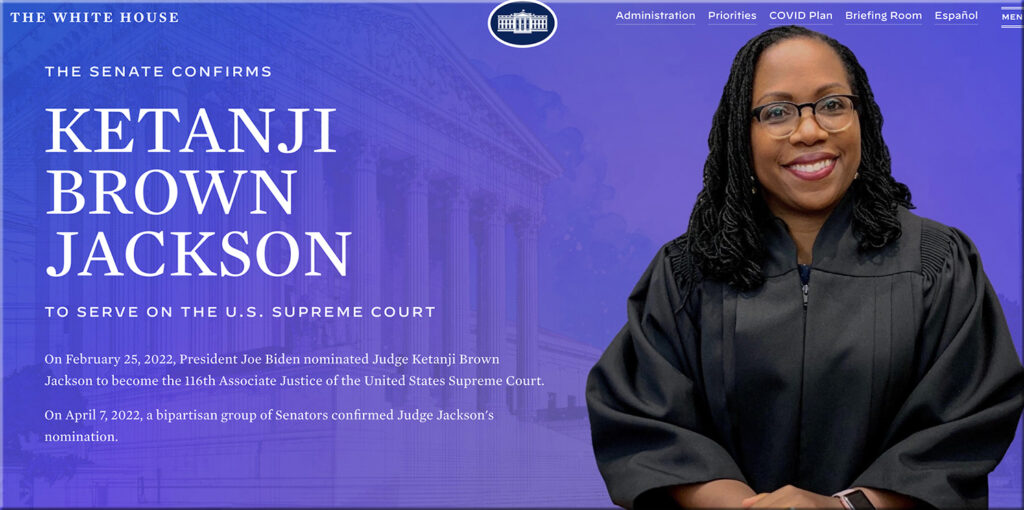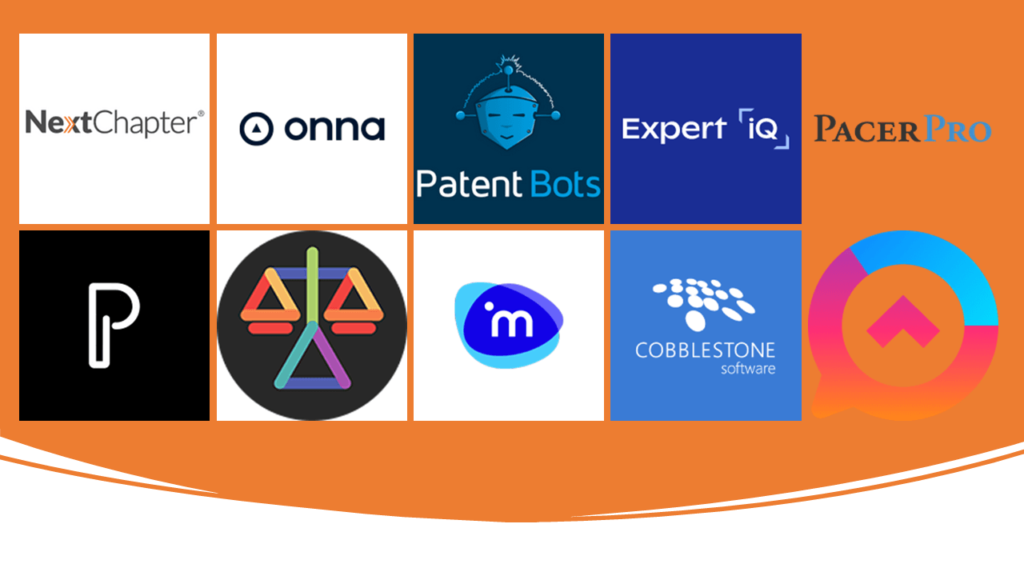5 Your love, Lord, reaches to the heavens,
your faithfulness to the skies.
6 Your righteousness is like the highest mountains,
your justice like the great deep.
You, Lord, preserve both people and animals.
7 How priceless is your unfailing love, O God!
People take refuge in the shadow of your wings.
Only 37% of Lawyers are Satisfied with their Firm’s Technology — from artificiallawyer.com
Excerpt:
A new survey has found that only 36.7% of lawyers are satisfied with the tech tools on offer at their firms, and with only 37.1% saying that they had used a new product at their law firm in the last six months. So, they’re not too happy with what they’ve got, while most firms are not bringing in anything much that is new either.
…
Mat Rotenberg, CEO of Dashboard Legal, the company that conducted the survey, told Artificial Lawyer that a key factor here is the retention of talent, i.e. that underinvesting in tech that removed drudgery would inevitably contribute to lawyer attrition.
‘This survey raises the question of whether firms are doing what they can to retain top talent. It appears that partners are not asking associates what they want to make their lives better.’
He noted that the survey data also showed that although lawyers were not that pleased with what was on offer, they did indeed value tech solutions and believed they could help.
Remote court transcription technology enables virtual court appearances — from abajournal.com by Nicole Black
Excerpts:
That’s why it’s imperative to make certain remote options are available for all aspects of legal work since doing so is the only way to guarantee the justice system doesn’t come to a grinding halt. One way to prevent that is to take advantage of the virtual deposition transcription tools I discussed in last month’s column. In that article, I provided an overview of virtual deposition transcription products and services that rely on videoconferencing tools and software platforms to facilitate remote depositions.
Another way business continuity has been maintained since March 2020 is via virtual court proceedings. Remote court appearances are now more common since courts periodically shifted to partial or fully remote operations throughout the pandemic. Many judges have become accustomed to and appreciate the convenience of virtual court proceedings, and many expect them to continue even after the pandemic ends.
Because all signs point to the continuation of virtual court proceedings, I promised in last month’s article that I would focus on remote court proceeding options in this column. These include software platforms and artificial intelligence language-processing tools that facilitate remote court proceedings.
Nicole’s article mentioned the following vendor/product:
I Grew Up Believing I Was Dumb. A College Education Behind Bars Healed That Wound https://t.co/PsUZ2LyOxa via @MarshallProj
— Paul Czarapata (@pczarapata) April 21, 2022
Seeing the possibilities, I finally took a chance. I studied English, political science and finite math, and each class I passed deepened my confidence and self-love.
This growing self-love was key to my academic development. Growing up, I didn’t experience much real love, outside of my mother and a few family members. I most often encountered the kind of false love expressed through violence and monetary possessions. College changed the way I thought about myself and others. I worked hand-in-hand with men from all backgrounds to complete assignments, and even taught other students. Before I knew it, I was getting A’s on my essays and solving quadratic equations in math class.
…
When people question why it’s important to educate prisoners, I remind them that to see change, we must support change. We must give individuals the opportunity to see themselves as more than the harm they’ve caused, more than what was once broken within them.
Christopher Blackwell
Also relevant/see:
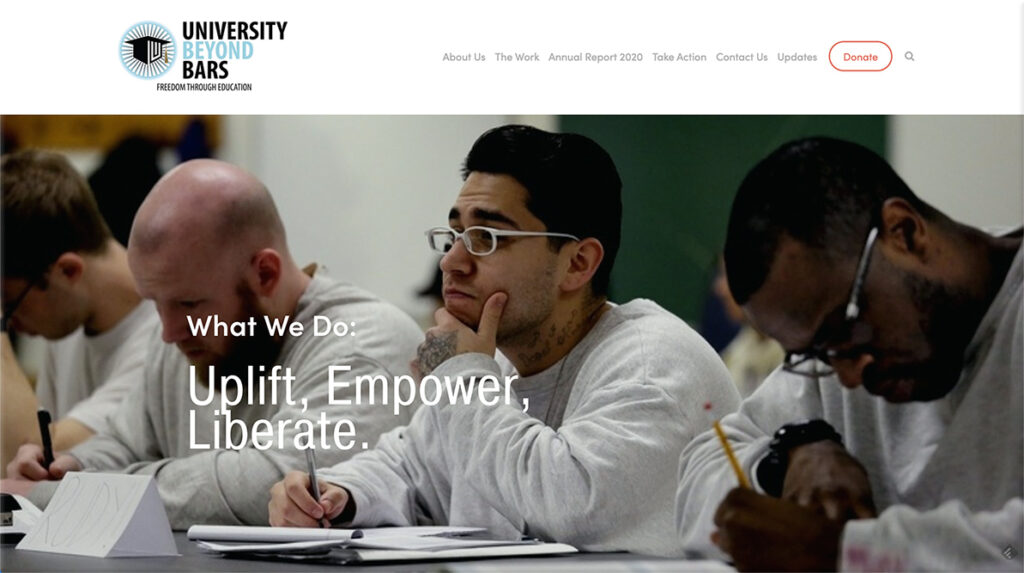
The Pandemic Transitioned the Legal Industry Into the Digital Age — from by Yuri Vanetik
Covid-19 forced businesses and social interactions to rely on technology because of social distancing rules exacerbated by fear. The legal industry, being no exception, was forced to embrace technology, shedding unnecessary ritual and processes. The result became a more efficient industry, where client interests trump anachronistic conventions.
Excerpt:
Much has changed in the world of commerce since the onset of the Covid-19 pandemic. The legal industry, a notorious stalwart, made a substantial leap, foregoing antiquated ritual-driven practices for technology-driven efficiency.
Technology and focus on the client, rather than wasteful processes, has become the new benchmark for lawyers who understand their business clients’ result-oriented expectations. The vast implementation of technology is the driving force in this pandemic paradigm. This modernization isn’t a mere facelift, but a restructuring of legal practice, including a major shift from a lawyer-centric to client-centric business dynamic.
Also relevant/see:
- University of Missouri School of Law to offer free virtual legal consultation for veterans — from kttn.com
- Senior judge urges Md. courts to keep virtual access beyond pandemic — from washingtonpost.comby Katie Mettler
Beyond the Ban — from edtrust.org; with thanks to Goldie Blumenstyk, a senior writer at The Chronicle, for this resource
Excerpt:
Each toolkit analyzes state policy to answer eight equity questions:
- Does the state offer state financial aid to currently and formerly incarcerated students?
- Does the state provide sentence reduction credit for incarcerated students enrolled in higher education courses?
- Does the state provide incentives and resources to colleges that enroll and support currently and formerly incarcerated students?
- Does the state have a streamlined process for currently incarcerated students to access documents to retrieve their state identification?
- Does the state allow formerly incarcerated students to access federal support for basic needs like food, housing, and health care?
- Does the state ban higher education institutions from asking about criminal history on admissions applications?
- Does the state ban employers from asking about criminal history on job applications?
- Do currently and formerly incarcerated individuals have the right to vote in the state?
What is Legal Tech, and How Is It Changing the Legal Industry? — from startup.info
Excerpt:
Legal technology is a branch of technological innovation that targets and affects the legal sector specifically. The considerable pace of new invention in tech sectors – bolstered by government investment in UK-based innovation and growth – has highlighted some avenues of innovation that could change the face of the legal profession, streamlining judicial processes and helping firms during discovery.
However, in concert with the rapid pace of new technology that benefits legal practise, the technology’s legal implications are also being raised. With a technological landscape that has far outstripped the remit of conventional law, demand for technology lawyers has increased to enable businesses and lawmakers to navigate new tech possibilities.
Four Important Technology Trends for Law Firms in 2022 — from jdsupra.com
Excerpt:
It is easy to say (two years now into the pandemic) that COVID-19 changed the legal profession forever. After a massive shift in 2020 and 2021 to working and conducting court proceedings remotely, with the help of many remote technologies, many legal professionals may wonder what lies ahead from a technology standpoint. After such a dramatic shift, are there even more disruptions to embrace?
The answer is yes! The world turns, technology keeps evolving, and so too will the legal services industry. Below are predictions of technology trends that will continue to be important in 2022 and help shape the industry in the years ahead.
With RemoteDepo™ by U.S. Legal Support, everyone can participate in a remote deposition and interact as if they were in the same conference room. With an internet connection and webcam-equipped device, you can communicate in realtime, observe witness body language and seamlessly facilitate questioning.
How Legal AI Technology Adoption Leads to Real-World Results — from jdsupra.com
Excerpt:
Contracting is just one area where in-house lawyers and legal ops professionals are seeing real-world results by implementing AI. As innovation continues to disrupt the legal tech world, AI is being introduced into nearly every aspect of practice and business. But now, AI has evolved beyond a buzzword to provide meaningful – and impactful – results.
Ironclad’s New Connect Tool ‘Cuts Contracting Time By 40% — from artificiallawyer.com
Excerpt:
CLM Ironclad has launched a new tool called Connect, which creates a centralised view of the contracting process for all parties and, they claim, can reduce contract completion times by over 40% – which is a lot whether you are a busy inhouser, or a law firmer on the billable hour.
The new capability allows you to store all communications about a deal in one place, ‘even attachments and months-long email threads’ and allows you to keep everyone involved in negotiating a contract ‘in the loop’.
ABA TECHSHOW 2022: Modernizing Court Technology with Judge Scott Schlegel — from legaltalknetwork.com
Judge Scott Schlegel shares essential technology tips for facilitating virtual court.
Description of podcast:
As the pandemic necessitated major tech innovations in the legal system, courts had to work hard to facilitate the continuance of justice. Host Joe Patrice chats with Judge Scott Schlegel about the process of moving to virtual proceedings, how they’re doing now, and what tech was most helpful along the way.
A2J Tech in the US: #LSCITC Part I — from law-tech-a2j.org by Roger Smith
Excerpt:
Get to my age and you develop a pretty high intolerance level for conferences – online or off. You get more intolerant; more arrogant about what you think you know already; more easily bored; more demanding of content, presentation and presenters. But I am a longtime fan of the Legal Services Corporation’s annual technology conference as the best I attend in a year, see an example from 2019. And this year’s event, currently half completed, is no exception. This is consistently a premiere event. As delegates, we have done two online days with two more to come later this week. It may be far too soon to evaluate themes but early enough to highlight some of the more striking content.
Also see:









